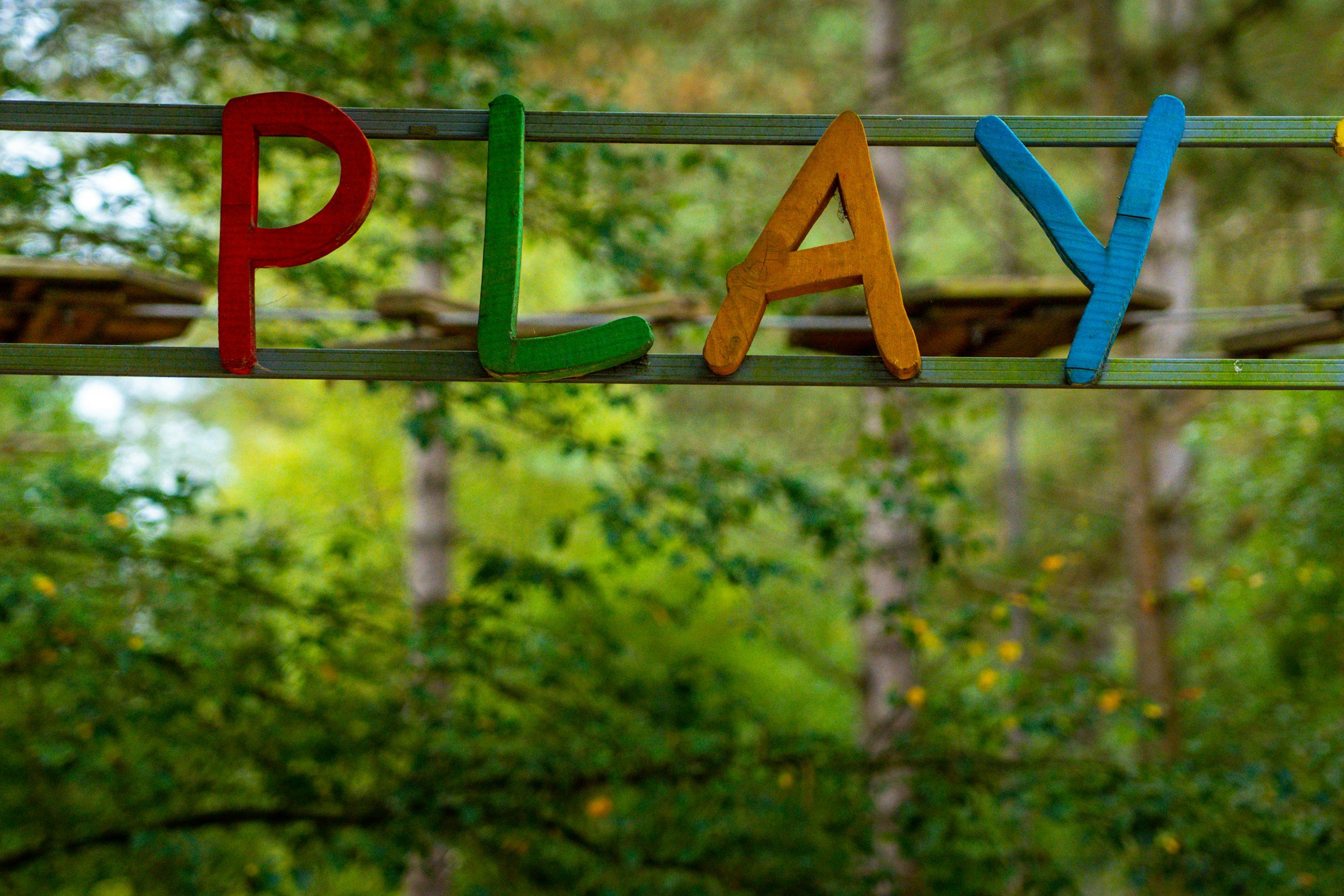
Let Them Be Wild.
Letting go isn’t easy and as a teacher I see it both in myself and caretakers daily. However when we find in it us to let go fully and allow little ones to experience childhood fully we help to ensure they grow into well-rounded, confident individuals with a strong foundation for lifelong learning and connection.

Process vs. Product Art
In process art, the intention is to provide a space where children feel free to express themselves without the pressure of achieving a specific result. This method fosters critical thinking and problem-solving skills as children make choices about what and how to create. The act of creation becomes a joyful experience, where the children are fully immersed in the tactile sensations and visual stimuli of the process.

Whimsy & Water
By making water conservation fun and interactive, your little ones will grow up valuing this essential resource! 💦🌍
Integrate these activities as learning opportunities and foster a teaching environment where little ones will develop a foundational understanding of water conservation in a playful and engaging way.

Reuse, Repurpose & Recycle - Everyday.
Recycling is an essential part of caring for our environment, and teaching preschool children about it can be fun while also being informative. Here are some everyday engaging ideas to introduce the concept of recycling to your young learners:

Raising Little Stewards - April Series
Early education about the environment cultivates empathy toward nature. When children connect with their surroundings, they develop a sense of stewardship, feeling a responsibility to protect and nurture the earth. With an appreciation for natural beauty and biodiversity, children are more likely to advocate for conservation efforts as they grow - something we need for the future.

Wiggle while you work….worm season!
Worm season is not just about observing; it is about nurturing a kinship with the earth and all its inhabitants.

Making the Case for an Unplugged Childhood.
Whatever your personal stance is on technology, the use of devices in early childhood has become an increasingly important topic for parents, educators, and researchers. While technology can offer valuable learning opportunities, there are several considerations to keep in mind regarding its impact development.

Signs of Spring - Learning through the seasons.
Having a child-led approach to learning recognizes that children are naturally curious and and have an innate desire to explore, investigate, and learn about the world around them. Too often we get lost in the details of planning the perfect moment or activities for learning when much happens organically when you allow children to spend time with nature. Whether it's a fascination with insects, a finding tracks, hearing the wind blow, birds chirping or watching the rain fall, these interests can all become the foundation for deeper learning experiences.

It’s not too cold.
When we embrace outdoor play even in Winter, we not only improve children's physical health and creativity but also their connection to the natural world, fostering a generation that values both their well-being and the environment.

Why Nature? Why Now?
Photo Credit - iStock Images
Advocating for equitable nature play and fostering a connection for children was a somewhat realized passion of mine for over a decade before I actually realized it was the foundation for my pedagogy as an early childhood educator - entirely.

The Rebirth of Experience(s).
Welcome to Mighty Oak Learning - a place to share ideas, research, resources, creativity and learning in early childhood development rooted in nature.
